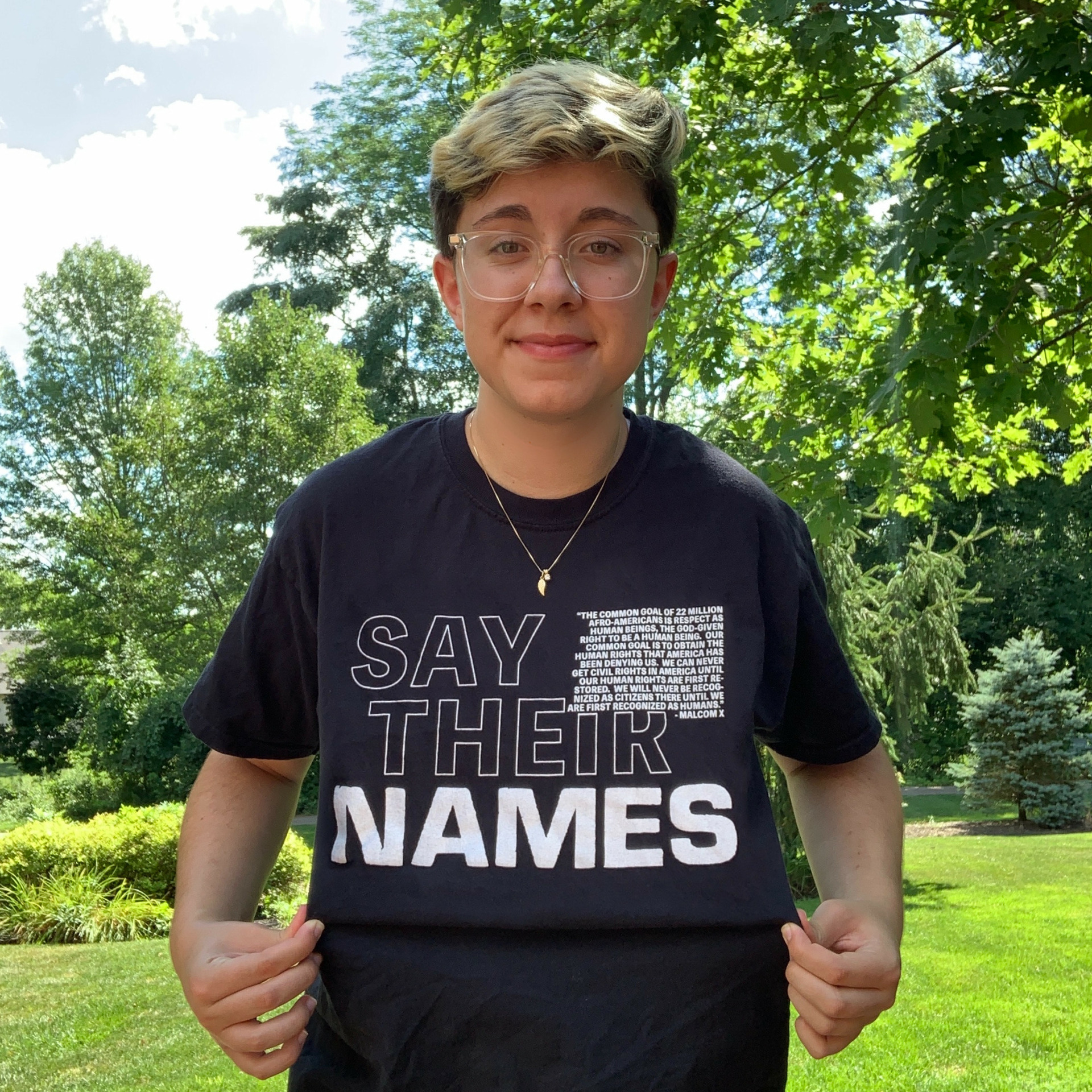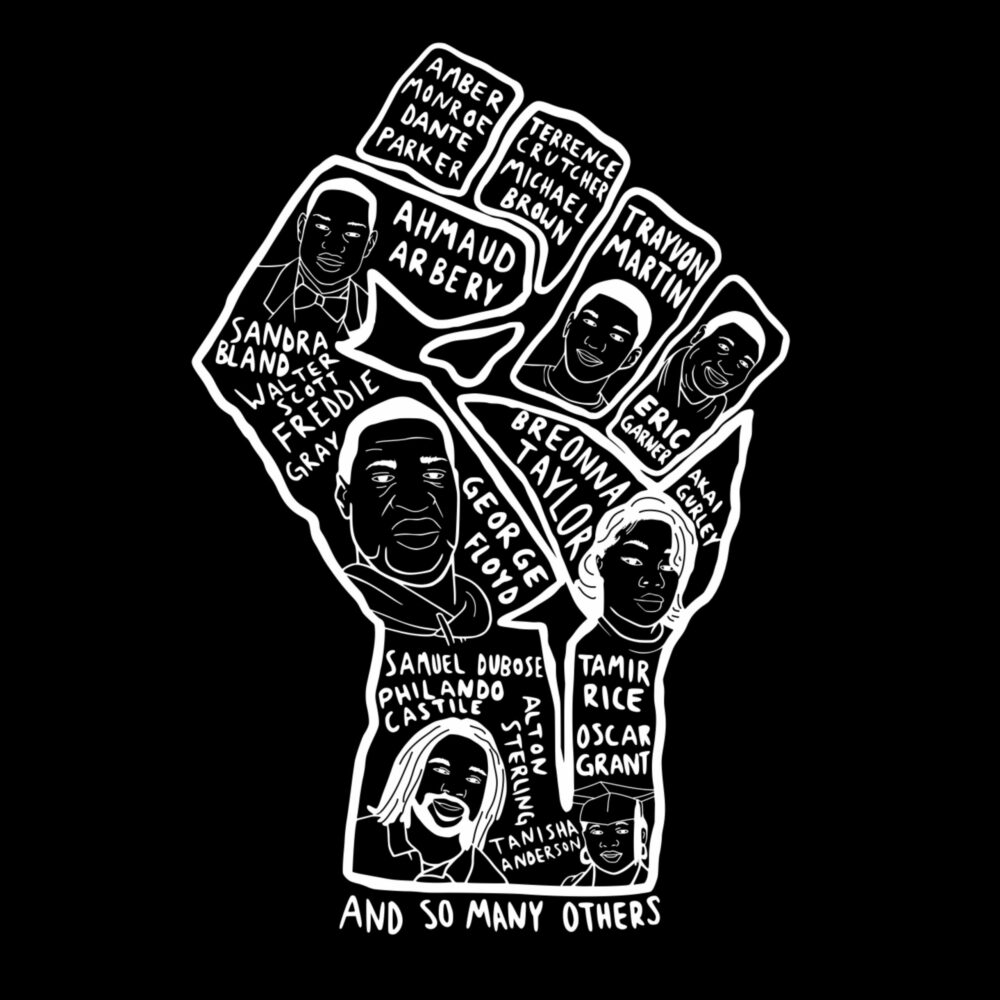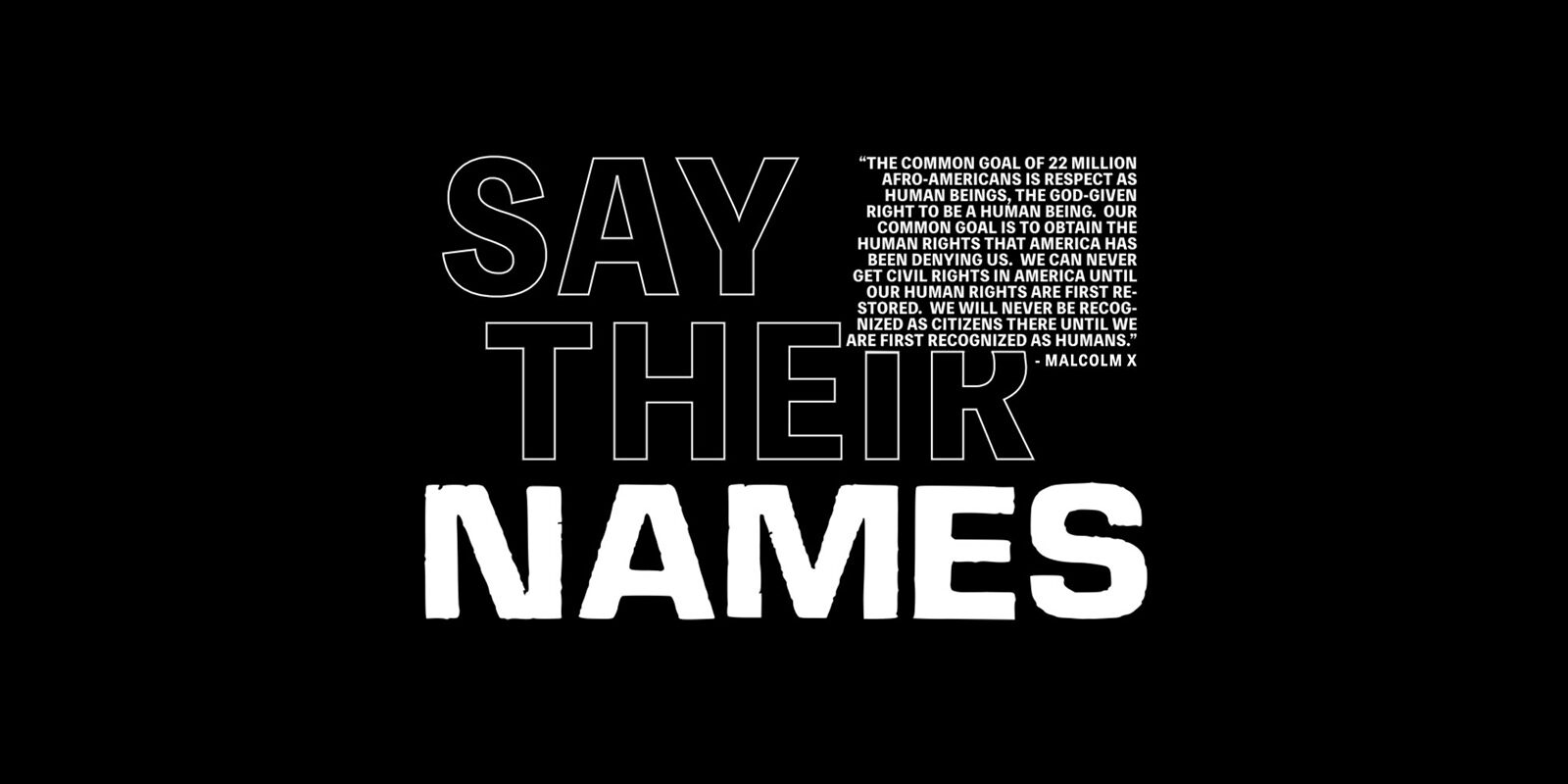Shauna Barket has roots in two small towns: Nazareth, Pennsylvania, and Powell, Ohio. She is proud of how both predominantly white communities responded to the Black Lives Matter Movement with peaceful protests and solidarity with Black Americans. Barket, a fashion and retail studies student, started advocating for the renewed civil rights movement by donating, signing petitions, speaking on her social media and educating herself.
“People don’t realize that one of the biggest steps you can take in all of this is educating yourself on what institutional racism is, what it looks like and what you can do to dismantle it,” she said.
Three days after George Floyd was killed by a Minneapolis police officer, protests against police brutality began at the Ohio Statehouse in Columbus. With COVID-19 still spreading, Barket didn’t want to risk catching and transmitting the virus. But she wanted to join the movement.
So, she put her fashion skills to use. Barket designed shirts to fundraise for organizations that empower Black individuals and challenge racial injustices.

On the front, the shirt implores, “Say their names,” emphasizing the humanity of Black victims of police brutality. A timely Malcolm X quote declares, “We can never get civil rights in America until our human rights are first restored.” On the back, a raised fist is inscribed with victims’ names and drawings of their faces, including Floyd’s. The caption beneath reads, “and so many others.”
“The inspiration for the design came with the goal of preserving the legacy of those lost as well as promoting a convincing message that the time for change is now,” Barket said.
She donates 100% of her shirts’ profits to two organizations: The Marsha P. Johnson Institute, named after a prominent Black transgender activist from the ’60s, helps Black transgender individuals get the resources they need and advocates for their rights and representation, Barket said.
Other profits benefit Colin Kaepernick’s Know Your Rights Camp, which educates and empowers Black youth.

Fashion has long been a means for voicing protest and political statement. Since the early 1900s, the color white has come to symbolize female suffrage and the women’s rights movement. In the ’60s and ’70s, black berets became a major part of the Black Panther uniform, another organization that challenged police brutality against Black communities. Both symbolic choices and more direct statements like Barket’s shirt amplify messages behind political and social protests.
“What you wear says a lot about you and impacts the people around you,” Barket said. “It gives you the power to send a message to every single person you come in contact with without saying anything at all.”
“Your clothing has the power to make an impact on an individual you may never know. To me, that’s a great power.”

